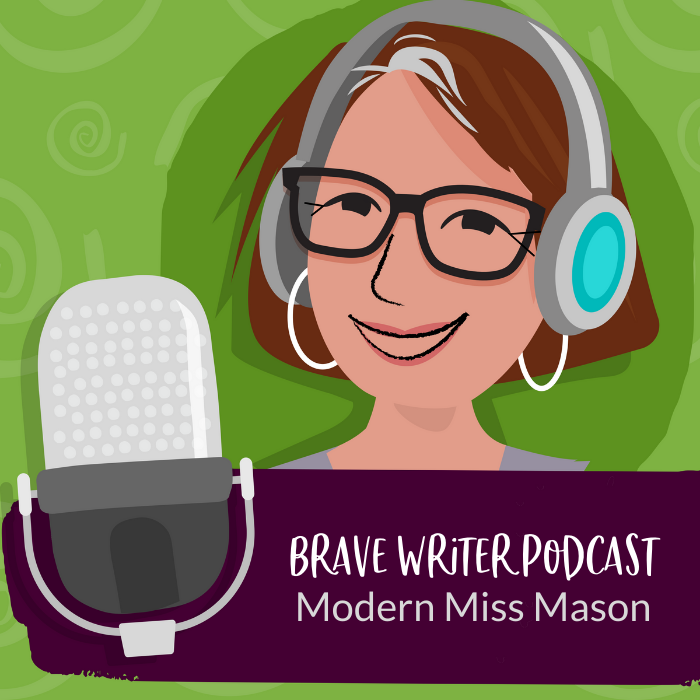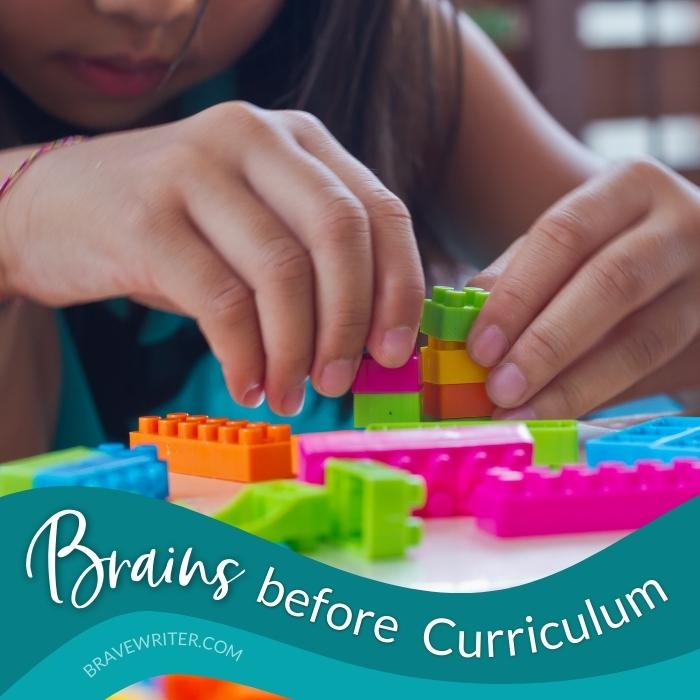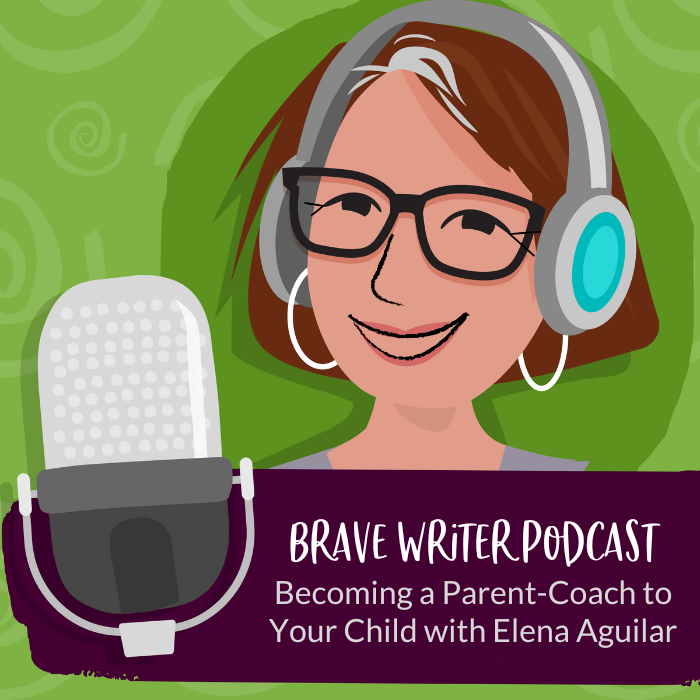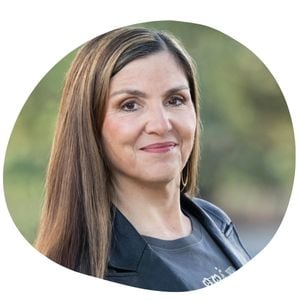
You want to get started with Brave Writer but you’re mid-year. Is it too late?
Nope!
The time is now!
Jump into a semester with Brave Writer: February to June!
Give our program a test drive before you shop for next school year!
Yes, we know! Curriculum-shopping season is right around the corner!
With this in mind—for the first time ever—we’ve created semester-long collections of our popular literature handbooks!
Imagine your child actively learning:
- grammar,
- punctuation,
- spelling,
- and literary devices
All in the context of stories they will love and remember!
Watch them apply what they’ve learned to their own writing!
We see it all the time.
Darts (ages 8–10), Arrows (ages 11–12), and Boomerangs (ages 13–14) are monthly digital handbooks that train parents and caregivers to teach grammar, punctuation, spelling, and literary devices through time-tested practices in their natural environment: literature!
Each handbook contains:
- 4 Passages (one per week) from a specific read-aloud novel for copywork/dictation
- Notes about grammar, punctuation, spelling, and literary devices
- Featured Literary Devices (and literature analysis in the Boomerang)
- Writing Activities
- Questions
- Family Book Club Party Ideas
- 45–50 pages
Each bundle includes a Guidelines PDF!
- 30 pages of training content—learn to teach writing mechanics the Brave Writer way
- Sample routines (schedules)
- A planner—plan your weekly and monthly content
- A tracker—track your child’s writing skill development and growth
- Tips for copywork and dictation practices
We’ve collected five popular titles from each level to create semester-long collections!
Dart (8-10): Children’s Classics
- Charlotte’s Web
- The House at Pooh Corner
- The Mouse and the Motorcycle
- Sarah, Plain and Tall
- The Trumpet of the Swan
Arrow (11-12): Adventure Stories
- Amari and the Night Brothers
- The Lion of Mars
- Mañanaland
- The Nerviest Girl in the World
- Greenglass House
Boomerang (13-14): American Perspectives
Teach grammar, punctuation, and spelling in a whole new way.
You can do it! Give us a semester. We’ll show you how!



























